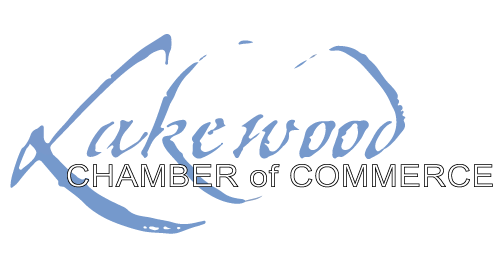Author: Christina R. Metcalf
Do you watch America’s Got Talent? Or how about American Idol? The Olympics? The MLB All-star Game? These competitions all have something in common. They tell stories. If you watch them, none of them are solid, hours upon hours of broadcasted competition. Mixed in with commercials and the performances, the producers choose to interlace storytelling because it’s relatable. It draws people in. Storytelling can take a good performance and turn it into something we think about for the rest of the day.
You can do this for your business too. You can turn an average experience into something amazing when your audience knows where you are coming from with storytelling. Telling your business story is not(just) about how you started and where you came from, nor should it always be about how awesome you are (highlight how you help people and how awesome they are. Check out Modelo beer commercials for a good example of this.). Effective business storytelling keeps telling stories throughout your content, so you’ll need more than one story to keep people interested.
Here are a few ideas to add to your content. Keep in mind business storytelling should never be fiction. If you haven’t experienced the type of stories listed below, skip over them. You don’t want to tell your audience something that isn’t true for the sake of crafting a moving story.
5 Types of Effective Storytelling for Your Business
The Underdog
Americans love an underdog, a come from behind triumph. Whether it’s David and Goliath or the story of the tortoise and the hare, we want to believe that with hard work and dedication you can beat the odds. Share how you have overcome a huge hurtle to be the success you are now.
The Heartbreak
We all face heartbreak. Sometimes it’s in the form of a lost love or the death of someone close. How did that heartbreak motivate you in your business? Maybe your grandparent passed away and left you money to start a business because they believed in you. Or maybe you realized your gift after the death of a loved one forced you in that direction to support your family like writer Mary Higgins Clark did. Whatever your heartbreak was that motivated you, people identify with heartbreak and are inspired by picking up after it and rebuilding a life. You never know who needs to hear that message.
The Setback
What setback have you undergone in business? Did you have to close during the pandemic? Did you sell something like your home to open a second location? What gamble did you take in business that paid off? Or what gamble did you take that didn’t pay off, but you learned from it? People love to know that success is not a linear path. To hear of the ups and downs is encouraging and inspirational. It helps people identify with you. Everyone assumes an overnight success but it’s nice to know when it isn’t.
The Magic Lucky Break
What happened in your life to give you the big break? Maybe you got to where you were because you hung in there but maybe there was also some magical luck that propelled you to success. Maybe you were behind everyone else only to become top of the world later on? Even Tom Brady only got a chance to start in high school because his team’s #1 quarterback decided he no longer loved the game moving Tom up a spot. Imagine if that had never happened. There’s no shame in admitting you got lucky because you were there. After all, you had to hang in there first before the luck could find you. That can be very inspiring for those still waiting for their break.
The Unexpected Path
There are certain paths that are accepted as the norm. For instance, a Joint Chief of Staff attending and graduating with high honors from West Point or someone attending Julliard and becoming a famous actor on Broadway. What is not expected is a single mom living in a car writing a book that gets rejected from 12 different publishers before getting published, and going on to become the second-highest paid author and one of the wealthiest self-made women in the world. What path to your life was unexpected? What did you do against the grain? Were you like All-star baseball player Cedric Mullins who sat on a bench most of high school and didn’t start until his senior year? The interest is in the details. Tell your audience how you got there. Share the frustrations and the heartbreak. Try to give them the inspiration the world so needs right now.
Your story isn’t over. Keep telling it and your audience will listen.



